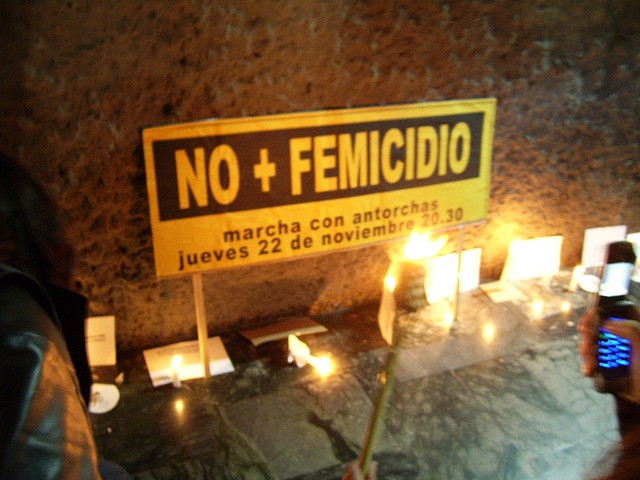
Sometimes sport and politics clash in Latin America, but last month’s “Central America snub” was particularly revealing. Vice President Joe Biden flew to the region to meet with the presidents of El Salvador, Guatemala, and Honduras in the midst of a deepening Central American human rights and refugee crisis. President Juan Orlando Hernández of Honduras was a no-show — too busy watching his national team play soccer in Brazil.
Over the past several months, tens of thousands of women and children, most of them poor and from those three Central American nations named above, have arrived at our southwest border. From October 2013 to May 2014, the United States detained nearly 35,000 unaccompanied minors at the border. This is up from a total of 21,000 for the entire previous year. Meanwhile, the number of women seeking refuge in the U.S. has increased to a point that 240 female detainees were transferred to a prison in Mason, Tennessee, because the detention centers at the border are at capacity.
We’re not solely blaming President Hernández for a migratory crisis, but the leader’s priorities reflect an unfortunate historic reality: The struggles of women and children, particularly poor women and children — are generally secondary to other more compelling national concerns. In this case, World Cup soccer.
Central America is suffering from demoralizing poverty and widespread violence. Honduras currently has the world’s highest murder rate and ranks first in the world in murders per capita. To appreciate the extent of despair there, imagine making the decision to send your 10-year-old daughter on a solitary journey north — for hundreds of miles — in search of refugee status in the U.S. rather than letting her face the dangers at home.
This crisis did not materialize overnight, as suggested in the mainstream U.S. media, nor is it an indictment of President Obama’s immigration policy; a feckless, unfocused Congress has refused to even consider the moderate immigration reform passed by the Senate last summer and supported by Obama.
No, this crisis is decades in the making, and until the U.S. adopts mature, reasonable immigration reform and sensible partnerships within Central America, we’ll continue to cycle through these crises.
U.S. policy in Central America has hardly helped that region’s poor. From the 1970s through the early 1990s, the U.S. pursued three wars in the region. At times, it became difficult to separate our allies from our adversaries. One thing was clear: The U.S. supported, with tens of millions of dollars in military aid and direct CIA intervention, anyone in the region who fought Marxism. We blindly backed the Contras in Nicaragua and the pre-modern militaries in El Salvador, Honduras, and Guatemala. The Guatemalan military, during the 1980s, even committed genocide. To this day, that nation’s Nobel Lauriat in Peace, Rigoberta Menchú, travels with a 12-man security detail. What kind of a nation would want to kill a Nobel Peace Prize winner?
Our policies under President Obama have not pointed any closer to peace or security in the region. In 2009, for example, despite unanimous opposition from the Organization of American States, the U.S. — after briefly protesting — acceded to a coup in Honduras against a leftist regime. In Honduras, young, idealistic Americans (including one of the authors of this op-ed) once served in the U.S. Peace Corps, but the organization pulled out a few years ago, citing legitimate safety concerns for its volunteers.
The recent Free Trade Agreement frenzy, pushed by the U.S., the World Bank, and International Monetary Fund, has not generated prosperity in the region: Some 65 percent of Hondurans live in poverty, and Honduras and Guatemala are the most unequal nations (in terms of overall distribution of goods and income) in Latin America. Almost 20 years ago, the bipartisan “Washington consensus” assured us that free trade agreements between the U.S. and Latin America would create more wealth, income, and prosperity for all in the Americas — and would have the added benefit of reducing migration into the U.S.
Our wars, our trade policies, and now our inability to lead on immigration reform, combined with low levels of enlightened leadership in Central America are the true causes of the current humanitarian/refugee crisis in our region. We could help by passing a clear national reform to our outdated immigration laws, but Congress won’t act.
The president has decided to act unilaterally, where he can. On June 30th, he announced that by late summer, he’ll move on some areas of reform that do not require congressional approval. But women and children fleeing Central American poverty and governments with a genocidal history can’t wait.
